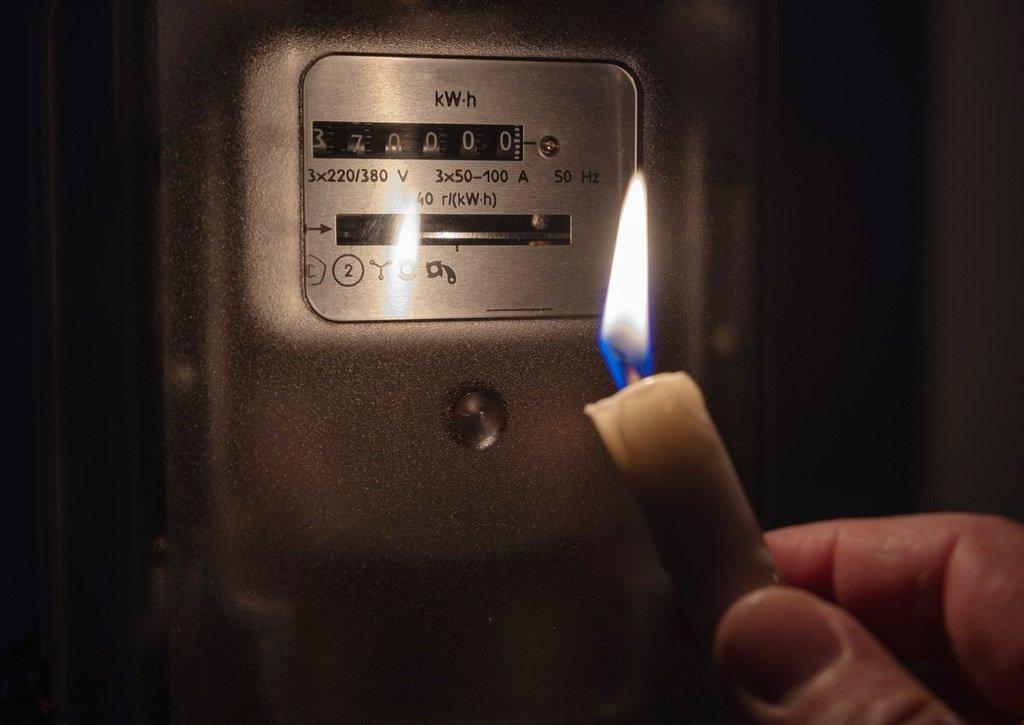Africa-Press – South-Africa. Eskom still expects load shedding in summer – with Stage 4 being the maximum expected to be implemented, Parliament heard on Wednesday.
Eskom officials on Wednesday briefed the portfolio committees of public enterprises and mineral resources and energy on developments at the power utility.
So far this year, South Africans have experienced 91 days of load shedding. South Africans also battled through Stage 6 load shedding this year – a first since December 2019.
Eskom plans to add new generation capacity over the next 36 months to reduce the risk of load shedding. This is enabled through its land lease agreement with Independent Power Producers, emergency procurement measures and imports from the region to be implemented over the next 12 months as part of energy crisis interventions. The recovery of unit 4 at Medupi, damaged by an explosion, is due in August 2024, and will also help bolster capacity.
Systems operator Isabel Fick gave an overview of the system’s status – which shows that for the current financial year – 1 April 2022 to 31 March 2023 – there have been 77 days of load shedding. This outpaces that of the previous financial year – which totalled 65 days.
The calendar year 2021 is considered the worst load shedding year on record – with power outages implemented 13% of the time.
The majority or 43 load shedding instances were at Stage 2. This year, strikes also exacerbated load shedding, Fin24 reported previously.
READ | Mantashe’s plans for Eskom 2.0 take shape with proposal for gas power stations
Eskom attributed this to a shortage of generation capacity, increased unplanned breakdowns, limited fuel availability at peaking stations needed to meet electricity demand and then subsequently having to conserve emergency resources. Poor coal quality was also a factor.
Over the winter period – from April to August – it shows that 42.5% of the time, Eskom’s power stations operated above the maximum assumption for the period. This means there were more unplanned outages than expected in the worst-case scenario, explained Fick.
For More News And Analysis About South-Africa Follow Africa-Press






